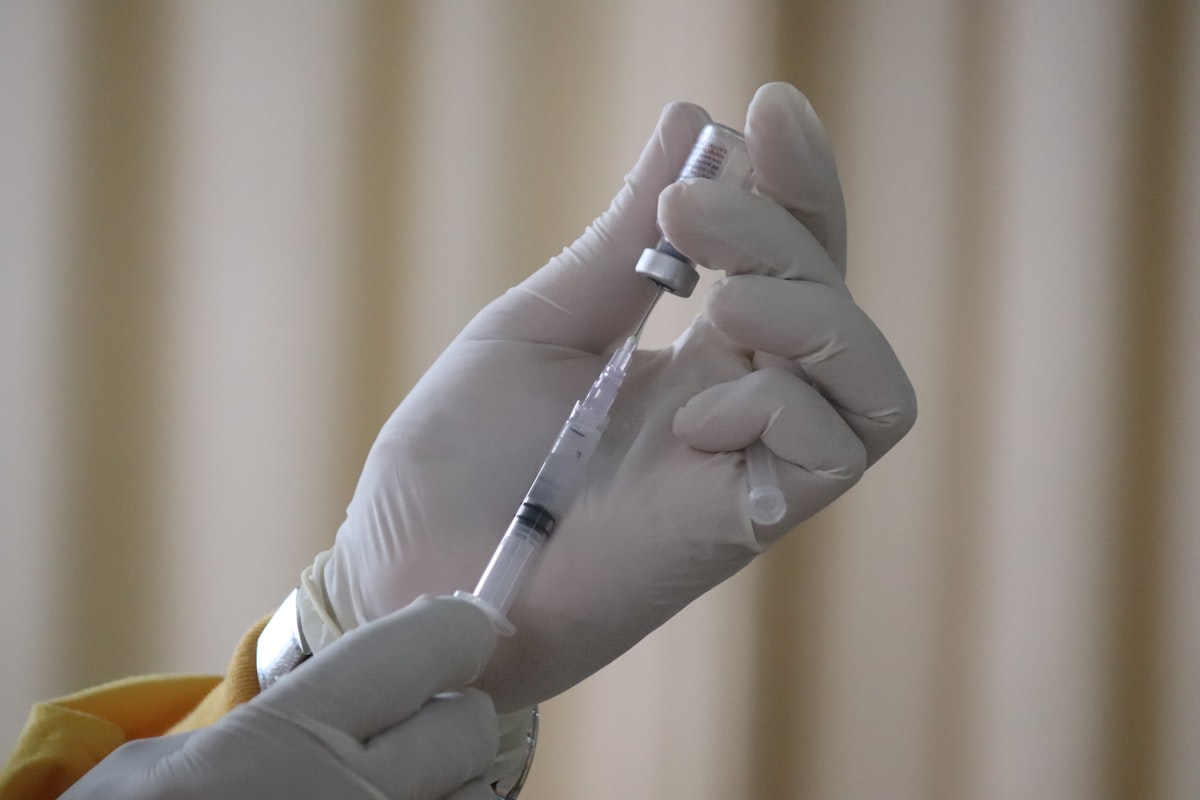A Universal Vaccine for All: Breakthrough at UC Riverside
Discover UC Riverside's innovative RNA-based vaccine strategy promising effective protection against all virus strains, safe for babies and the immunocompromised.

Breakthrough RNA-Based Vaccine Strategy Promises Universal Protection
Researchers at UC Riverside have developed a groundbreaking RNA-based vaccine strategy that could revolutionize how we combat viruses. This new approach, detailed in the Proceedings of the National Academy of Sciences, showcases a universal method potentially applicable to all viral strains and safe for a wide demographic, including infants and the immunocompromised.
The Science Behind the New Vaccine
Unlike traditional vaccines that use a dead or modified virus to trigger an immune response, this new strategy employs a live, modified virus that does not rely on the standard immune proteins. Instead, it uses small interfering RNA molecules (RNAi) that naturally occur as an immune response to viral infections. This approach helps in silencing the virus's replication ability without requiring a robust immune system, making it ideal for those with weaker immune defenses.
How It Works
The vaccine targets a consistent part of the viral genome present in all strains, eliminating the need for multiple shots against different variants. The RNAi molecules hinder the virus by preventing it from producing proteins that would typically suppress the host's RNAi response, thus weakening the virus and enhancing the host's ability to combat it.
Tested and Proven in Mice
The efficacy of this vaccine was demonstrated using a mouse virus called Nodamura in mutant mice lacking traditional immune cells. Results showed that a single vaccine dose could protect mice from a lethal dose of the virus for at least 90 days. This promising outcome suggests a robust protective measure that can be extended to human use, potentially translating to substantial immunity in human terms.
Potential for a Universal Flu Vaccine
Building on their findings, the UCR team plans to develop a flu vaccine using the same RNAi strategy. The new flu vaccine is expected to be administered as a nasal spray, catering to those averse to needles and providing a direct response to respiratory viruses through the nose.
Implications for Future Vaccinations
This innovative technology, now patented, has significant implications for future vaccination strategies. It offers a potential one-and-done solution for various viruses, including dengue, SARS, and COVID, by simply adapting the RNAi methodology to different viral genomes.





